One of the most important things to help prevent food poisoning during the holidays is to ensure hygiene when preparing food. Cooks need to wash their hands before, during and after cooking, especially when preparing raw vegetables, according to The Conversation (Australia).
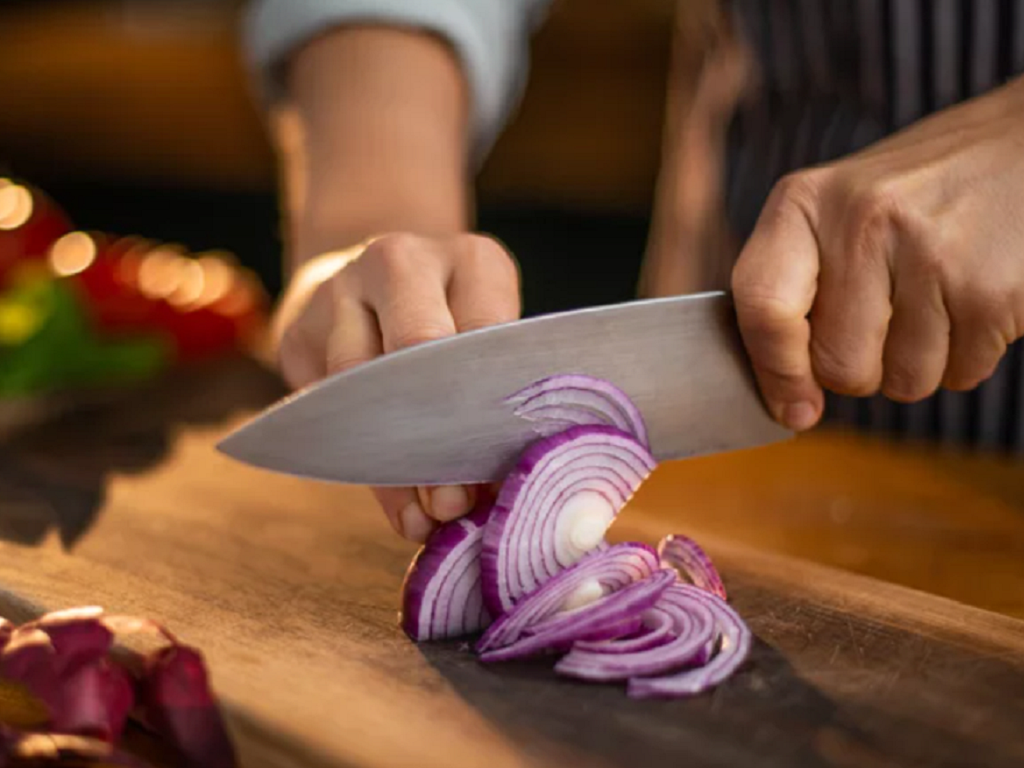
To prevent the risk of food poisoning, cutting boards and knives for cutting vegetables should be used separately from those used for cutting meat.
This thoroughness will greatly reduce the risk of food poisoning.
In addition, kitchen utensils such as cutting boards, knives, and scissors should be used separately for raw and cooked foods to avoid cross-contamination. If you use a knife that has just been used to cut meat to cut vegetables, the bacteria that cause intestinal diseases in raw meat will contaminate the vegetables. If contaminated vegetables are not processed properly, they can easily cause food poisoning.
If possible, cooked food should be kept at a temperature of 60 degrees Celsius or above. This will help kill any remaining bacteria.
Food storage and transportation also play an important role in preventing food poisoning. Bacteria that cause intestinal diseases will thrive in the temperature range of 5 to 60 degrees Celsius. Therefore, if storing in the refrigerator, the temperature should be below 5 degrees Celsius. In case of food transportation, it is recommended to use insulated containers to keep hot food at a temperature of 60 degrees Celsius or higher.
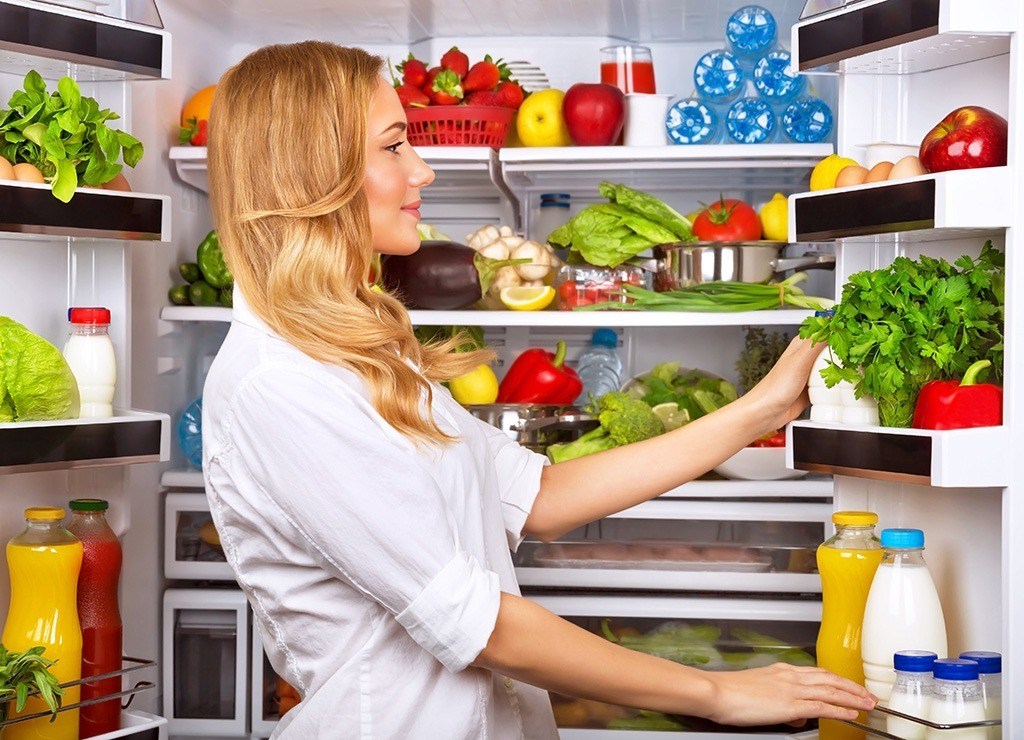
If storing food in the refrigerator, keep raw meat and seafood separate from cooked foods or raw vegetables.
In addition, if storing food in the refrigerator, it is necessary to keep raw meat and seafood separate from cooked dishes or raw vegetables. This will significantly reduce the risk of cross-contamination.
It is also very important not to eat expired food. Therefore, consumers need to check the expiration date before purchasing, preparing or eating any food.
Not only that, although rare, there are still cases where food is still within its expiration date but spoiled. Signs of spoiled food are changes in color, texture and taste. When you see these abnormalities, throw them away immediately, according to The Conversation.
Source link


![[Photo] Closing of the 11th Conference of the 13th Central Committee of the Communist Party of Vietnam](https://vstatic.vietnam.vn/vietnam/resource/IMAGE/2025/4/12/114b57fe6e9b4814a5ddfacf6dfe5b7f)



![[Photo] Overcoming all difficulties, speeding up construction progress of Hoa Binh Hydropower Plant Expansion Project](https://vstatic.vietnam.vn/vietnam/resource/IMAGE/2025/4/12/bff04b551e98484c84d74c8faa3526e0)











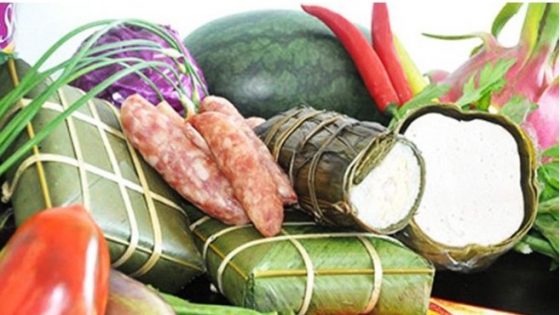


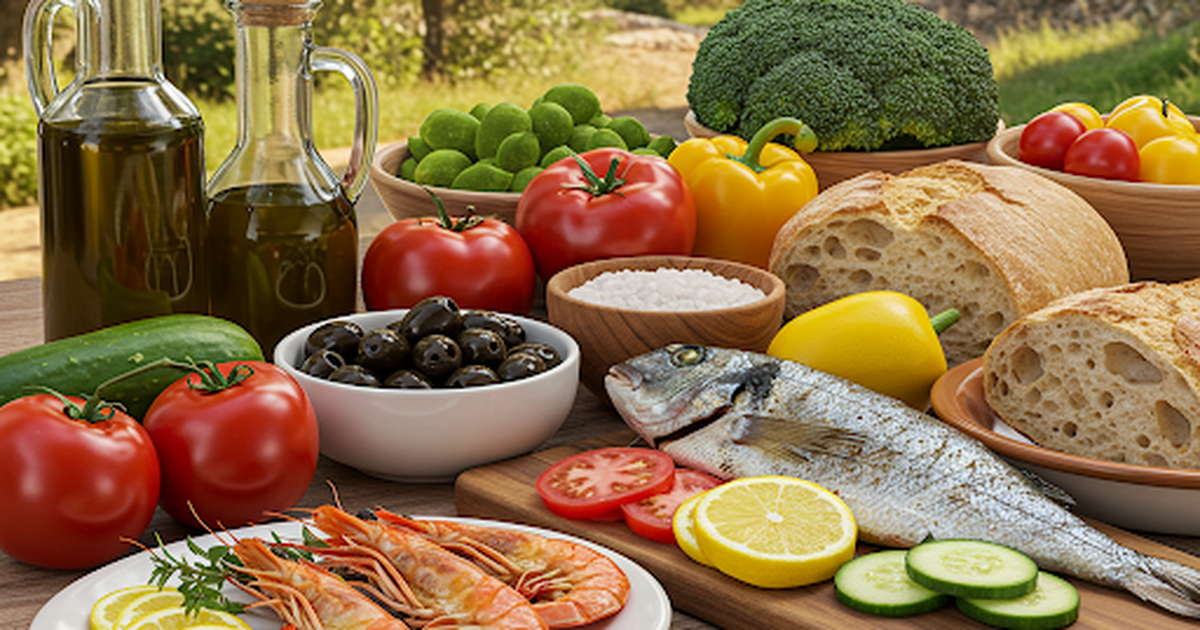
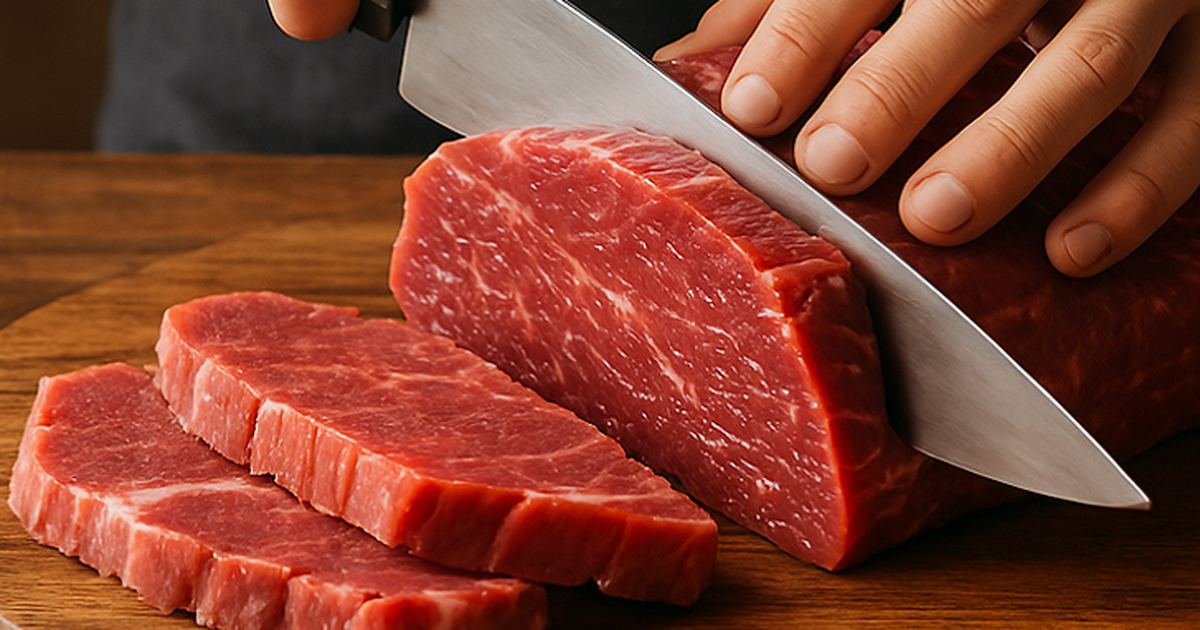


![[Video] First time in Vietnam: Successful implantation of 3rd generation partial artificial heart](https://vstatic.vietnam.vn/vietnam/resource/IMAGE/2025/4/12/8817412224094c68ba2c744b7bd5cfea)








































































Comment (0)